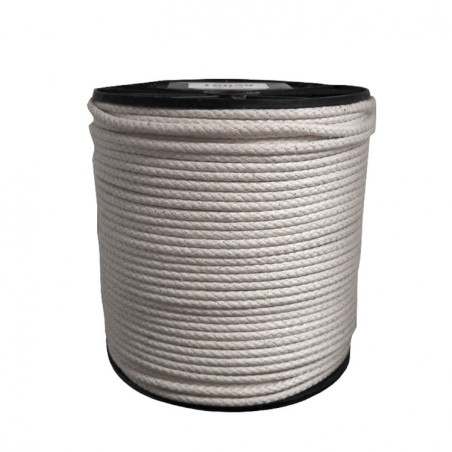As the EU pig meat sector is facing several challenges, the European Commission set up a European Pigmeat Reflection Group to review all aspects of the sector to ensure its sustainability and resilience in socio-economic, environmental, climate, animal health and animal welfare terms.
The pigmeat sector has been facing serious difficulties for several months due to the combination of a number of negative factors, namely sanitary restrictions impacting out of home consumption in the context of COVID-19, slowdown of exports to China, further spread of African Swine Fever to more EU countries, and increases in input costs. The Russian invasion of Ukraine has an additional impact on the sector given its need of animal feed and the necessity to find other markets for European exports of pigmeat.

Strengthening the socio-economic resilience of the sector, especially in relation to imported plant proteins, is more than ever necessary. This requires in-depth reflection, as present difficulties go beyond the seasonal fluctuations of the pig cycle. This is why a kick-off meeting was convened on 10 March by Commissioner for agriculture and rural development, Janusz Wojciechowski. Today’s discussion will be on the import dependence for animal feed.
Facilitated by the agricultural department of the European Commission, the European Pigmeat Reflection Group takes the form of joint meetings of the Civil Dialogue Group for Animal Products (Section Pigmeat) gathering stakeholders, and of the Expert Group of the Committee for the Common Organisation of Agricultural Markets (Section Animal Products) gathering national experts from all Member States.
In addition to this kick-off meeting, five meetings are planned until the end of the year. Each meeting will be dedicated to a specific topic with the reports made public for the benefit of all. The meeting report will include not only the views expressed by the speakers (market actors, academics, Member States’ authorities, Commission officials) but also the external contributions received by email.
The five meeting reports will flow into a final report with possible recommendations to be delivered early 2023.
The first plenary meeting will take place online on 6 April. It will be dedicated to the sector’s socio-economic dynamics. Subsequent meetings will deal with the sector’s environmental and climate challenges, as well as animal health and welfare considerations.
March 10, 2022/ European Commission/ European Union.
https://ec.europa.eu







